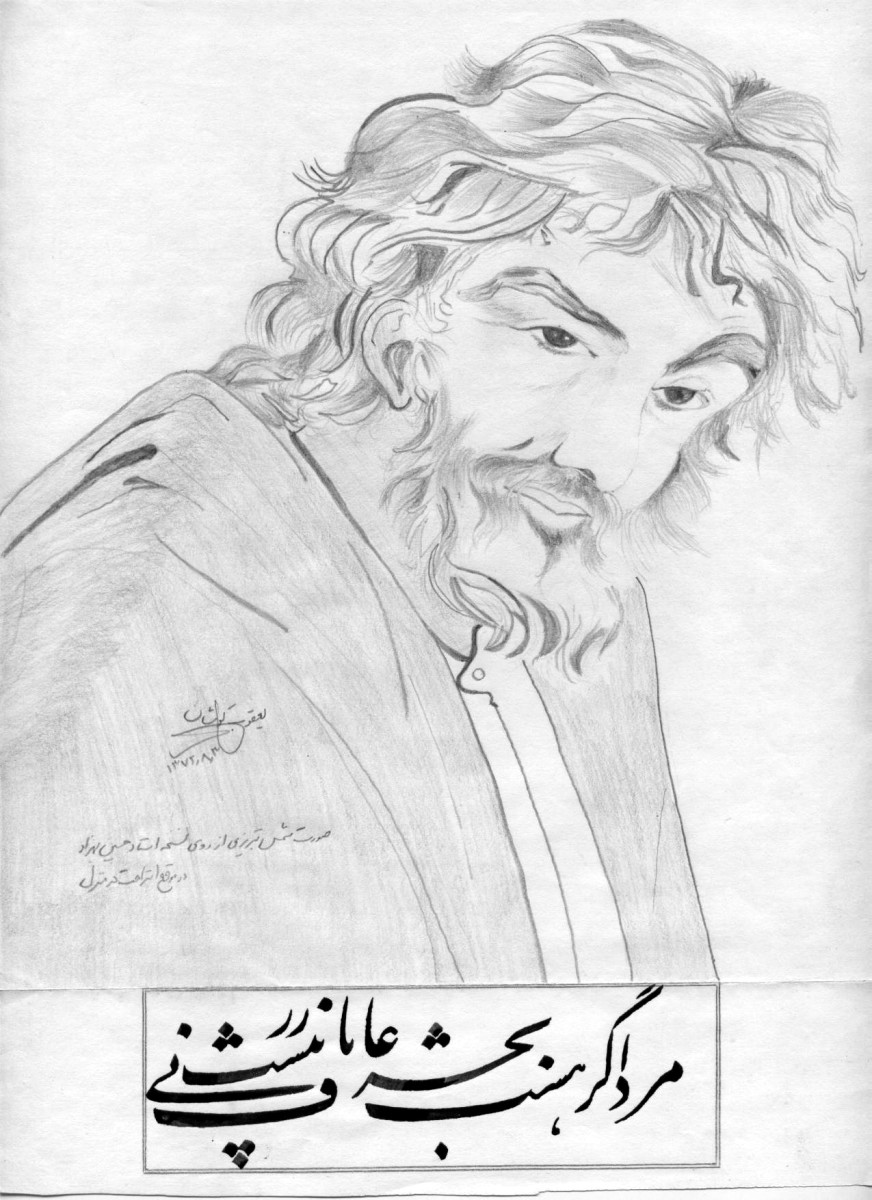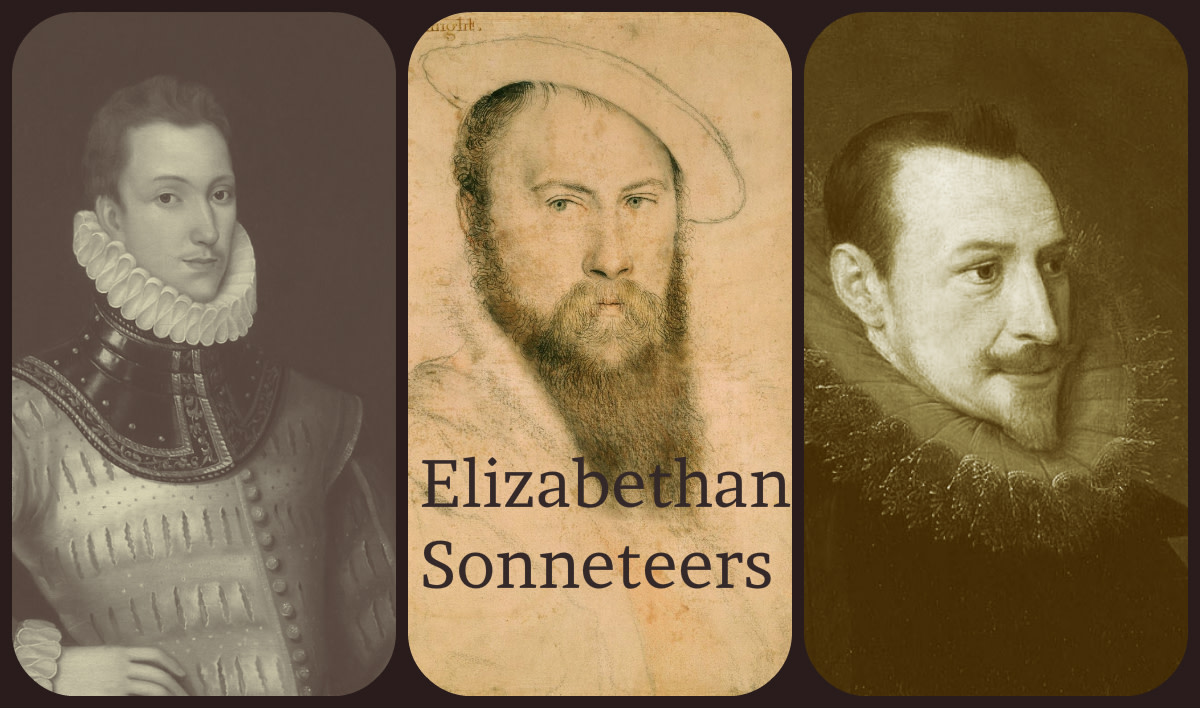Rumi's Gift: Transcendence through Poetry

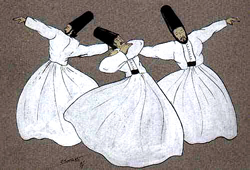
I have to be honest. When I read, I don’t actively seek out poetry as my choice of literary company. Nowadays, I am more of a non-fiction reader who balances a novel or two in between. But, indeed, when I am in the mood to be emotionally stirred and rebalanced, I am almost always drawn to poetry...and specifically to Rumi. His poetry is of mystical and transcendental proportions and does not necessarily dwell on idealism as much as it strives to capture and inspire the ideal forms of love through words- the love for God and the love of the object of our desire.
His knowledge of human character is undeniably profound, and this is one of the reasons his poetry has survived the test of time. He is able to connect the dense, human side of life and emotions with the ideal and magical potential of our desires and capabilities. In doing so, he inspires us to let go and connect with “the source” by making us believe that the ideal we seek is not out of reach but rather latent inside of us (as a result of thought conditioning, mainstream belief, fear of change and other self-belittling doubts). It is rare that poetry strives and succeeds in connecting to the soul to inspire us to employ our latent potentials. Rumi is truly a rarity.
Rumi was born Jalal ad-Din Muḥammad Balkhi in 1207 in what is now Afghanistan. He is alleged to be of Persian heritage and in his lifetime held the positions of a mystic, poet, jurist and a Muslim theologian. As a Sufi mystic, he strongly believed that participation in music, poetry and dance were all paths that lead to God. In Sufism, dancing (twirling) in unison is believed to cause ecstasy and connection to the divine. To Rumi, the trinity was based in creativity and creative expression as a form of transcendence. Rumi also believed that love in all forms was a key to human unity and universality that transcends religion, race and politics.
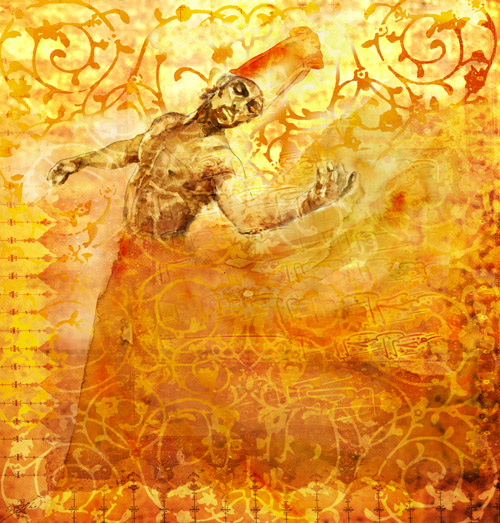
The usual Rumi motifs call for the embracement of love, present difficulty, unification with God and the ordinary aspects of human existence. Maybe one of the most overused clichés about Rumi is that he is the ultimate Love poet. Yes, he does write mostly about love, but love is one of many expressions he uses to demonstrate “transcendence,” a higher state of being and understanding of our place in the world. I would, then, more accurately coin him as the poet of Transcendence. Being a mystic, he was able to incorporate the occult of religious belief and practice into a creative medium that strives- through the beauty of words, metaphor and imagery- to answer to human yearning for magic as a means to validate and feel closer to the ultimate source.
These lines precisely capture his desire to infuse his poetry with messages of transcendence:
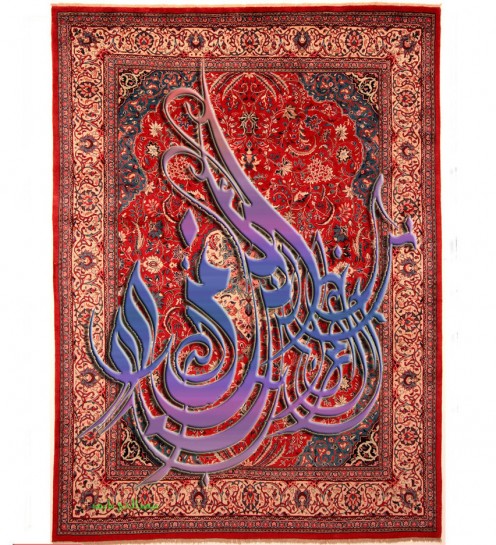
“Finally I know the freedom of madness…” – No Flag
“What is the body? That shadow of a shadow of your love, that somehow contains the entire universe.” –The Fragile Vial
“Observe the wonders as they occur around you.” – Body Intelligence
In addition to transcendence, Rumi also incorporates wise teachings and philosophy in his poetry in order to steer his readers towards moral good. Yet, he does not do this in the standard proselytizing manner of religious philosophers. He encourages people to embrace the acts of insobriety and madness- or, what one would call in this day and age, acts of heart and passion. By following one’s heart, as oppose to a rigid doctrine that varies across nations and people, one is closer to human unity and God. In a sense, his frequent allusion to wine (that is a common element present in dervish dance rituals) is a form of belief that the inhibitions that prevent us from acts of passion can be unrestricted through wine-induced trance. Rumi’s probably most important message is that being true to our heart-felt desires and conquering the fear to realize them will bring us closer to God. Fast –forward to the 21st century, and we can find many similar messages popping up from multiple philosophy, new-age and spiritual sources.


